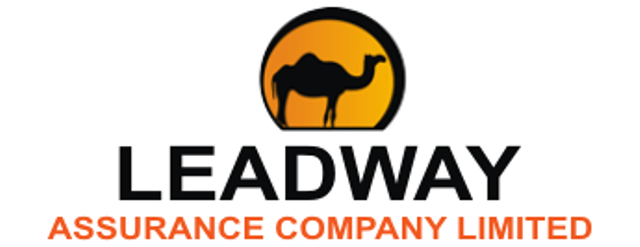The Executive Director, Leadway Assurance Company Limited, Ms. Adetola Adegbayi, has urged insured Nigerians to always demand for claims from their insurers whenever an insured risk occurs.
She also said that insurance companies would be charging appropriate rates on policies should the insured decide to demand for their claims.
Adegbayi stated this during a media training organised by Leadway Assurance in Lagos, noting that most Nigerians who purchased insurance policies were ignorant of when and how to make claims.
She noted that instead of going to their insurers to make claims, they often bore the financial burden themselves.
“Some overambitious operators cashed in on this loophole to cut the premium rate to an unreasonable price, with the assumption that the insured will not demand for compensation,” she said.
Explaining the benefits of one of the micro insurance products of the firm, she said Hospital Cash Insurance Plan is a cover activated in the event of hospitalisation of the insured person due to illness for a consecutive period of more than two days.
Adegbayi added that a daily benefit was payable up to a maximum of 20 days during the policy period.
In the event of hospitalisation arising from accidental injury for more than two consecutive days, she said, daily benefits would be paid up to a maximum of 15 days during the policy period.
She also said that the company had Personal Accident Plan, which covered medical expenses arising from accidents.
According to her, the policies were aimed at deepening insurance penetration across the country.
The Head, Retail Business, Leadway Assurance, Mr. Tunji Amokade, said the future of insurance industry was in the retail market because the commercial market had been saturated.
Speaking on ‘Micro insurance business in Nigeria’, he said that despite the huge population in the country, low insurance penetration was still a major issue.
“The problem of penetration is because we are cash-based economy unlike other countries that are credit-based,” he said.
According to him, the success story of insurance in South Africa, Kenya, Morroco, and other developed economies is because they have a credit-based economy.
“Until Nigeria takes a leaf from any of these countries’ books, low penetration will continue,” he said.
While calling for institutional structure that could make credit to thrive, he said, insurance could be incorporated into some credit-based services, thereby, increasing its adoption and contribution to the nation’s economy.
He urged insurance companies to offer good value of money for their clients, and that underwriters should increase their visibility through effective use of technology and opening of offices where there are none.
“The industry has been targeting the upper class, but the market now resides with the middle and the lower classes,” he said.


